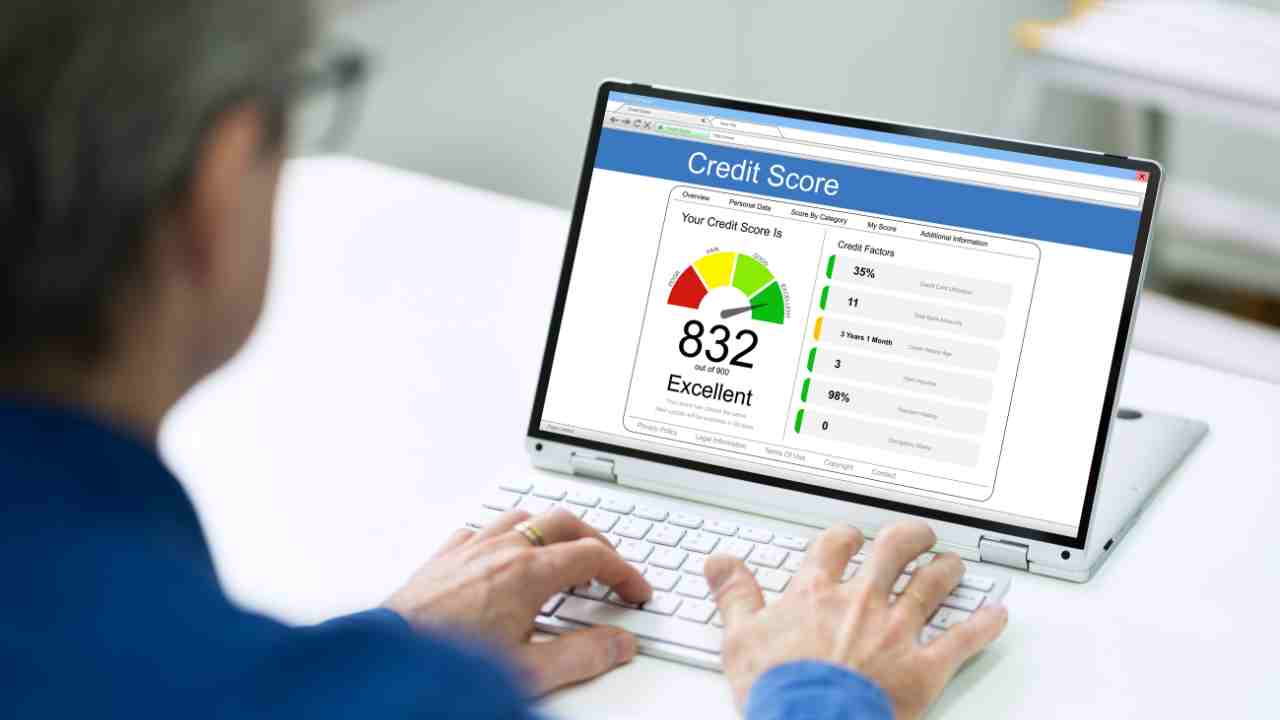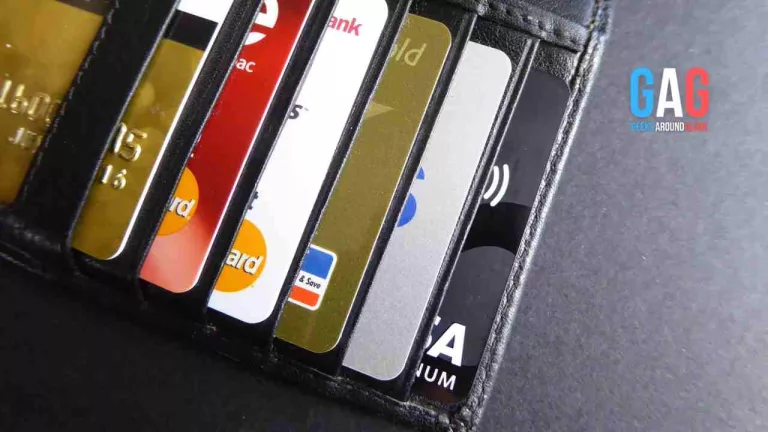If you’ve taken out a loan before, the phrase “credit check” would not sound new to you. Credit checks are one of the many processes that go to your loan application and help lenders determine if they want to give you a loan.
While credit checks may appear straightforward, it is not always the case. There are two forms of credit checks and the type that is performed on your credit history may go a long way to affect your loan approval and overall credit rating. That’s why it is important to understand all forms of credit checks and opt only for loans with credit checks that’s suitable to your financial situation. We discuss soft credit checks and hard credit checks in detail below.
Do All Loans Require Credit Checks?
All types of loans across different lenders or traditional banks will require one form of credit check or the other. Most loans that are regarded as no credit check loans still undergo minimal credit check. The reason is simply that regulators impose a duty on lenders to record the credit history of their customers.
The only loan that does not require any type of credit check is probably one gotten from family or friends. However, all others, ranging from auto loans to payday loans will perform at least a soft pull on your credit history. With soft checks, you can hardly feel the impact of the credit review. You can find some of the best no credit check loans at WeLoans to preserve your credit.
Comparing Hard Credit and Soft Credit Checks
There is a world of difference between hard credit and soft credit checks. One of the core distinctions is that they both serve different purposes and have varying impacts on your overall credit rating.
A soft credit check, also known as a soft pull, is a type of credit check that does not affect your credit score. Soft credit checks are often used for pre-approvals or when an individual checks their own credit score. When you or lenders perform a soft credit check, it does not show up on your credit report and does not alert lenders that a credit check has been performed. This is why soft credit checks are quite similar to, and sometimes considered no credit checks.
On the other hand, a hard credit check is a type of credit check that can affect your credit score. Hard credit checks are typically performed when an individual applies for a loan or credit card, or when a lender or service provider is considering extending credit to an individual. Hard credit checks are recorded on your credit report and can be seen by other lenders. Having multiple hard credit checks in a short period of time can negatively impact an individual’s credit score.
Which Loans Allow Soft Credit Checks?
Many lenders perform soft credit checks on several types of loans to determine the eligibility of some intending borrowers for a loan. If you’re applying for a loan in this category, you may also check your credit score through a soft pull process. This allows you to understand your chances of being approved for a loan without having a hard credit check recorded on your credit report. Some examples of loans and credit products that may allow for a soft credit check include:
- Personal loans
- Credit card cash advance
- Auto loans
- Payday loans
- Small business loans
WeLoans’ expert financial writer Caroline Banton has ample knowledge of personal finance and you can know more about her opinions about loans by visiting the page of WeLoans.
Pros of Hard Credit Checks
Although hard credit checks seem to have a negative outlook, several potential benefits may stem from them. If you are planning on making a loan request through a broker in the class of WeLoans, here are the pros you should consider.
- Accurate assessment of creditworthiness: A hard credit check provides lenders with a more accurate and up-to-date assessment of an individual’s creditworthiness. This can help lenders make more informed decisions about whether or not to extend credit to an individual.
- Access to better loan terms: If an individual has a strong credit history and credit score, they may be more likely to be approved for a loan and may be offered better loan terms, such as a lower interest rate or more favorable repayment terms.
- Ability to compare loan offers: Performing a hard credit check allows individuals to compare loan offers from multiple lenders and choose the one that is best for them.
Cons of Hard Credit Checks
Similarly, hard credit checks have their own disadvantages. Here are a few of them.
- Negative Impact on credit score: Having multiple hard credit checks in a short period of time can negatively impact an individual’s credit score.
- Rejection: A hard credit check can result in an individual being rejected for a loan or credit product if they do not meet the lender’s creditworthiness requirements.
- Time-consuming: The process of applying for a loan that requires a hard credit check can be time-consuming, as it may involve filling out a lengthy application and providing documentation such as proof of income and employment.
Pros of Soft Credit Checks
On the flip side, soft credit checks can be very advantageous, especially if you have a poor credit history before applying for a loan. Below are some of the perks you stand to gain.
- No negative impact on credit score: A soft credit check does not affect an individual’s credit score, as it is a less comprehensive review of their credit history and credit score. It is best for individuals who want to monitor their credit score without incurring the risk that comes with hard checks.
- Useful to determine eligibility for loans: Soft credit checks allow individuals to check their eligibility for loans or credit products without having a hard credit check recorded on their credit report.
Cons of Soft Credit Checks
Like hard checks, a soft pull is not perfect, either. It has its own demerits that can be summed up in the following items.
- Does not provide a comprehensive view of creditworthiness: Because soft credit checks are less comprehensive than hard credit checks, they may not provide lenders with a complete picture of an individual’s creditworthiness. This could make it more difficult for lenders to make informed decisions about whether or not to extend credit to an individual.
- Unavailable for all loan or credit product applications: Not all lenders or credit issuers offer the option to perform a soft credit check, particularly for larger loans or credit products such as mortgages.
- Inaccuracy: Soft credit checks may not be as accurate as hard credit checks, as they do not include a review of an individual’s current credit history and credit score.
Bottom Line
There is no one-size-fits-all approach to credit checks for your loan application. It is always advisable to go for loan offers with a type of check that suits your credit profile. Bad credit borrowers will prefer soft checks, while individuals with good credit typically settle for hard credit pull. Regardless of what your choice is, it is important that you have the option to shop for different loan offers. WeLoans allows that by linking you with several lenders in its network.



